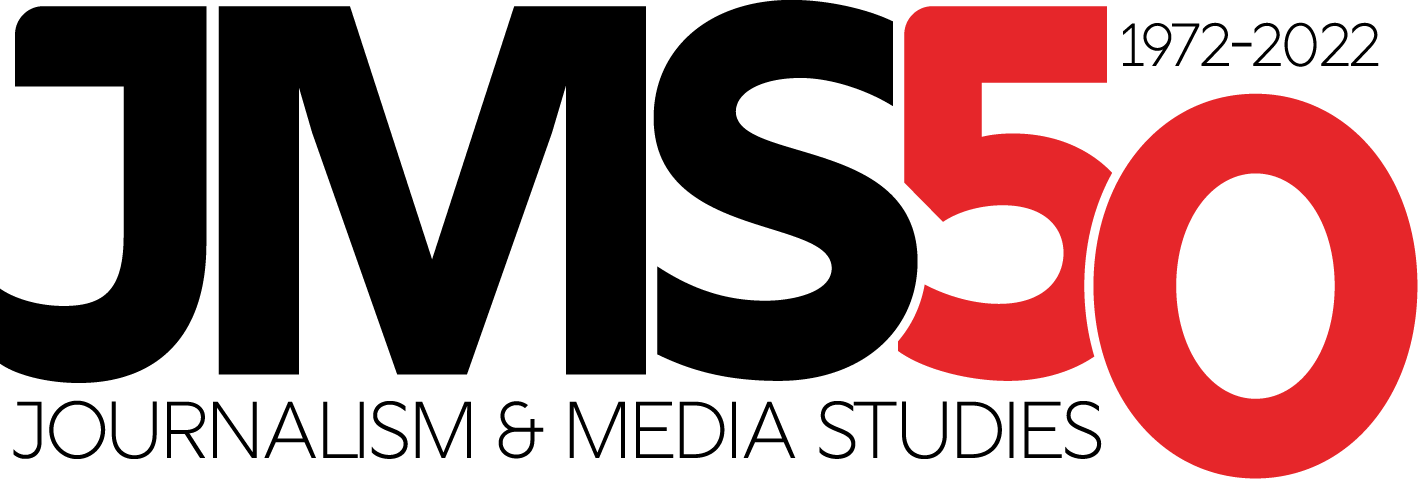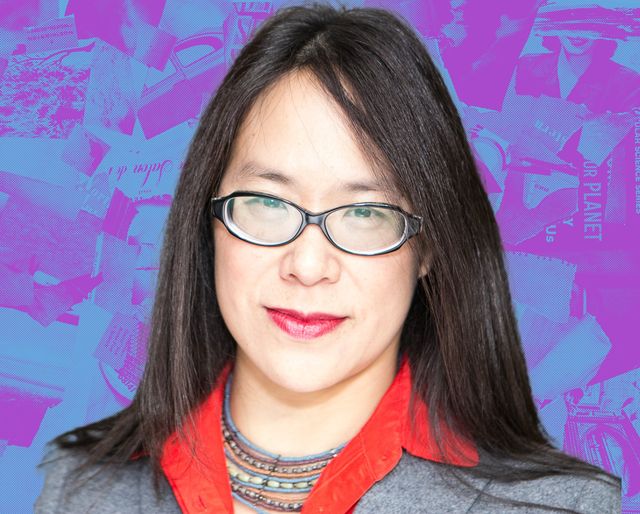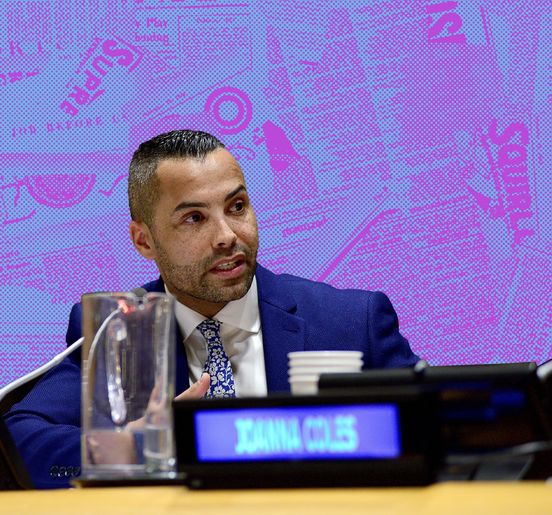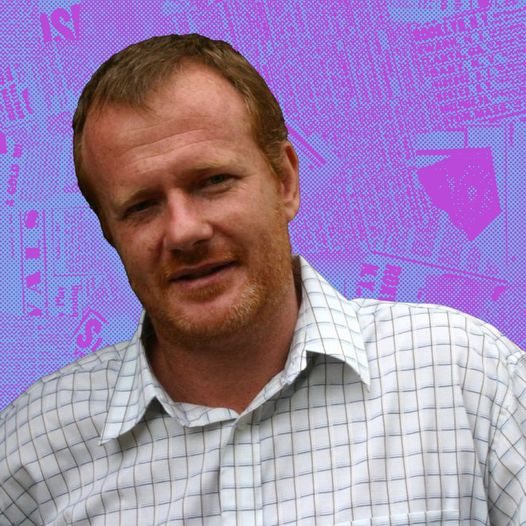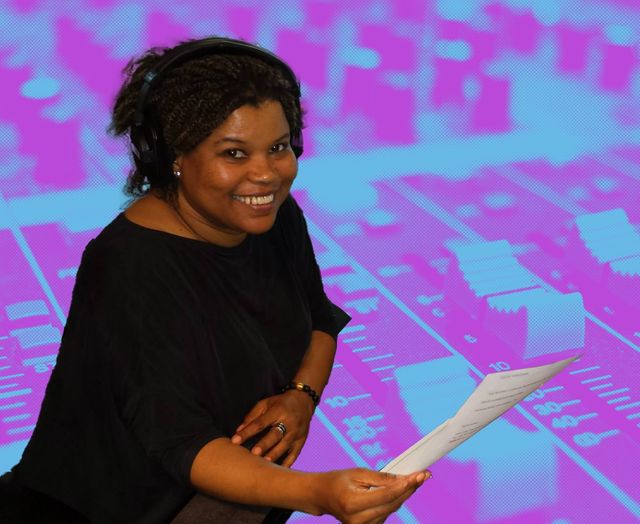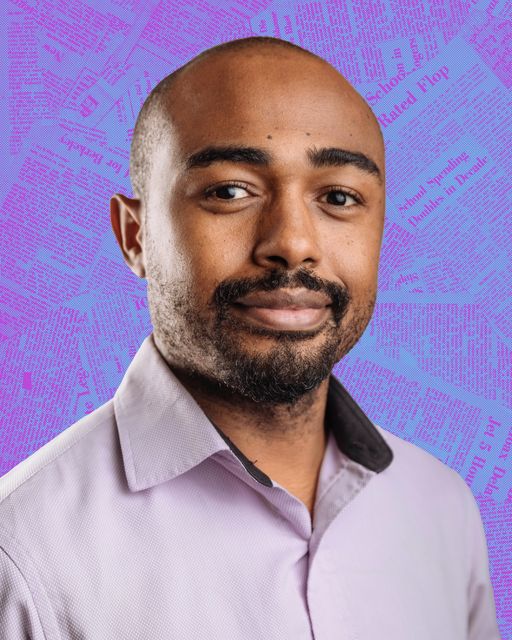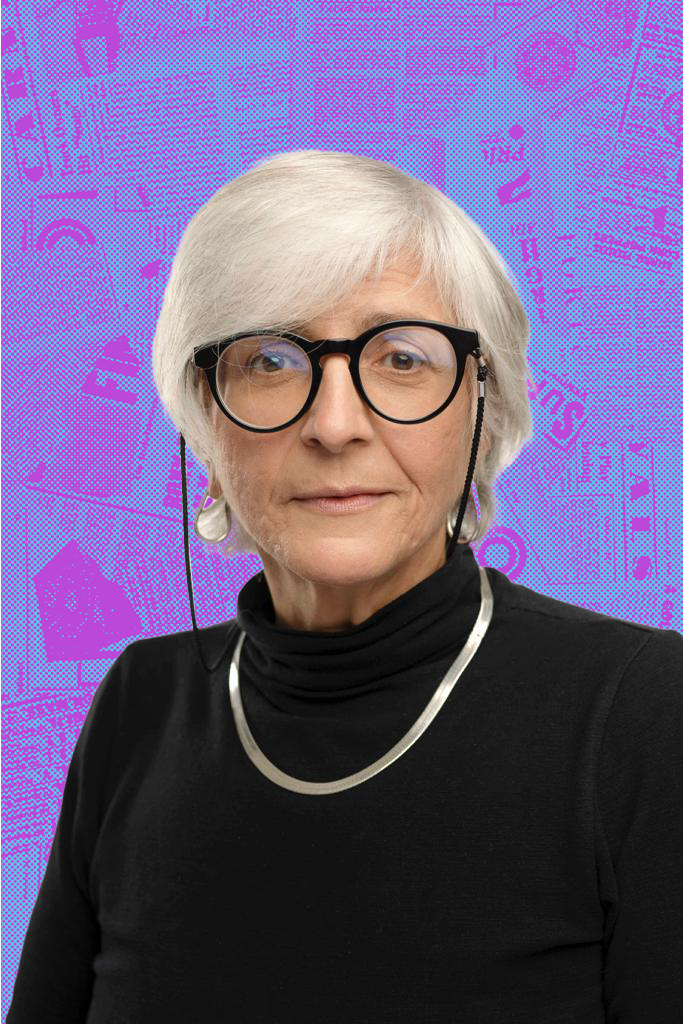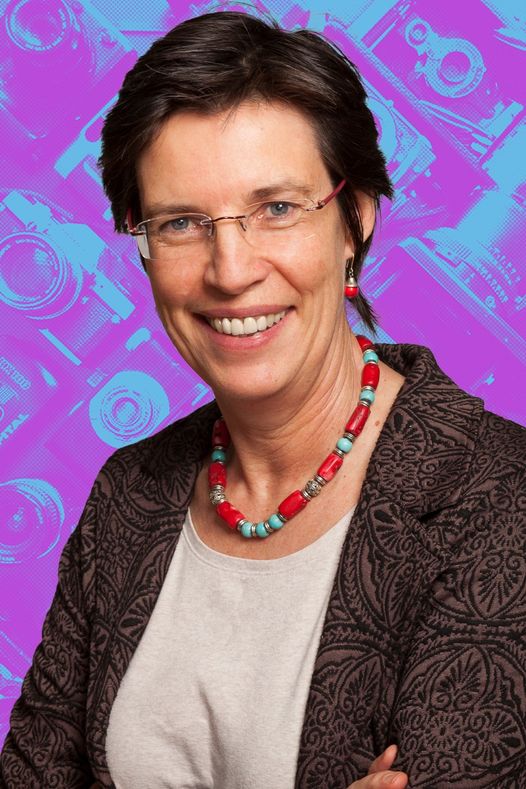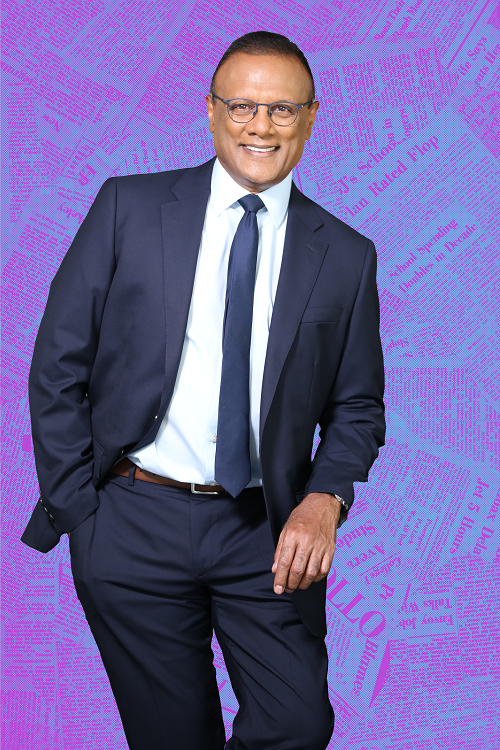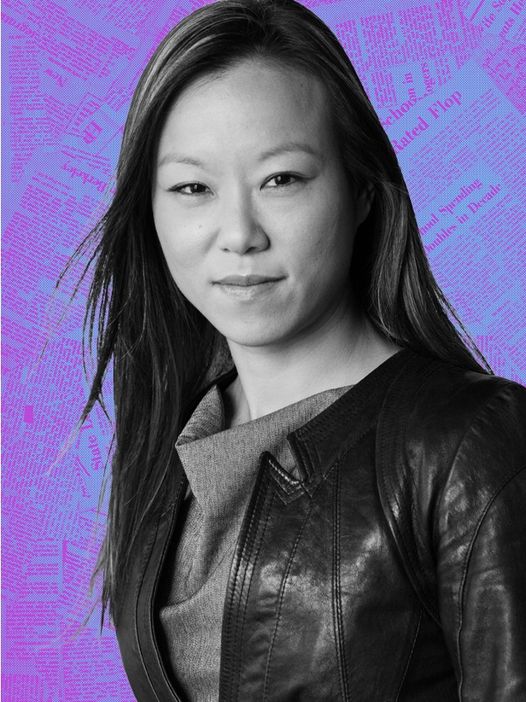Awardees
Tanya Accone received her Journalism degree from Rhodes University in the early 1990s, moving seamlessly thereafter into the dawning age of new media and the digital revolution. An early career stint at The Washington Post saw her take web content from conceptualisation through to publication for the International, National, Business and Classified sections of the WashingtonPost.com, in addition to producing its 24-hour breaking news site, News Digest. A similar role at the Sunday Times, back in South Africa, followed before Tanya joined M-Web Africa as one of a group of executives leading the Naspers subsidiary, traveling throughout Africa to develop franchises in local markets. In 2001, Tanya joined UNICEF as Deputy Chief: Internet, Broadcast & Image Section. She has been with the organisation ever since, co-founding the UNICEF Global Innovation Centre in 2014 and working as a senior advisor on innovation focusing on assisting the public and private sector to achieve preferred outcomes through innovation, people, systems and technology. Currently senior advisor on innovation (strategy, stakeholders & thought leadership), Tanya is working towards innovative solutions in over 200 countries worldwide with the vision of realising UNICEF’s child-related Sustainable Development Goals.
An Eastern Cape original, born and raised in East London, Sherwin Bryce-Pease has excelled in both radio and television journalism. Sherwin started his broadcast work with RMR during his student years, and began his working career as an intern in the Marketing and Communications Division at Rhodes University, thereafter completing an internship in marketing as Rhodes University’s International Communications Liaison Officer in America. On his return to South Africa, he took up a radio position at SAfm as drivetime news anchor and bulletin writer. He then became insert producer and co-anchor of the SABC’s Weekend Live, with stand-in appearances on SABC 2’s Morning Live. In 2008 Sherwin returned to the United States as the SABC’s US bureau chief and correspondent, based at the New York offices of the United Nations. Some of his notable interviews include US President Barack Obama, former South African Presidents Jacob Zuma, Thabo Mbeki and Kgalema Motlanthe, UN Secretary General Ban Ki Moon, former Chilean President and executive director of UN Women Michelle Bachelet, and Nobel laureates Nadine Gordimer and Shirin Ebadi. Sherwin remains a passionate Old Rhodian and trustee of the USA Rhodes University Trust. In 2016, he received an Emerging Old Rhodian Award. He has been recognised in the broadcasting category of the UN Correspondent Association Awards, and received the Ricardo Ortega Memorial Prize for television and radio.
Graeme Joffe has been involved in sports journalism since his varsity days. As a student, while doing his Journalism degree at Rhodes University, Graeme worked on Rhodes Music Radio. After completing his degree, he moved to Atlanta in the United States, working as a World Sport Presenter for CNN from 1992 to 1999. On his return to South Africa, Graeme presented Supersport for MNet. He spent eight years with 94.7 Highveld Stereo as a popular sports presenter. He was well-known for his presence on the breakfast show The Rude Awakening, where his ‘stupid sports jokes’ were a highlight for many listeners. However, Graeme had always taken sports seriously. In 2013 he published his first exposé, in his Finweek column, of the corruption in South African sports circles, focusing particularly on the management and disbursement of funds from the National Lottery. Shortly thereafter, his column was axed. This was the first in an increasingly serious progression of threats against him as he delved further into the corruption at the highest levels of South African sport. In 2015 Graeme fled to the US carrying only a suitcase and a laptop. He has authored a book entitled Sport: Greed and Betrayal focusing on corruption within sporting federations in South Africa, as well as racism, quotas and the lack of real transformation at grassroots level. The book is available to all readers via open access.
Tony Lankester graduated from Rhodes University with a BJourn in 1994. During his student years, Tony devoted his time to Rhodes Music Radio. He was part of the RMR team which was granted a temporary broadcast license, in conjunction with Radio 5, for the National Arts Festival in 1991. For this short but groundbreaking period, RMR broadcast under the name of Festival FM, breaking the 50-year-long SABC monopoly on legal broadcasting. Tony served as station manager at RMR, and after graduation became a well-known household name on SAfm where he spent close to eight years as Talk and Magazine Programme Manager / Marketing Manager. Moving into the corporate world, Tony th en filled the roles of External Communications Manager and Sponsorship Manager at Old Mutual, while simultaneously presenting a freelance podcast for the Mail & Guardian during the period 2005-2008. In December 2007, Tony was appointed as CEO of the National Arts Festival, and spent almost twelve years in this role, expanding the Festival’s footprint and taking on additional roles such as the project manager of the South African Pavillion at the 2013 Venice Biennale, co-curator of the Creativate Digital Arts Festival and chief executive officer of the Sharjah Fringe Festival. In 2019, Tony left South Africa to take up a new role, as general manager of Riverside Studios, in London, United Kingdom.
Audrey Brown grew up in Soweto, in the tumultuous 1980s. Her family was in the thick of South Africa’s armed struggle against apartheid, hiding banned books and organising resistance meetings. One of Audrey’s earliest memories of the struggle was the Soweto Uprising of 16 June 1976. She particularly recalled the sting of tear gas on her face and in her eyes. From that moment, Audrey became active in the fight against apartheid. As a child she was inspired by journalists such as Maud Motanyane and Don Mattera, and this led to her obtaining a bachelor’s degree in journalism, African history and politics from Rhodes University and, later, a master’s degree in journalism from the University of Wales. In addition, she studied film criticism and documentary film-making at the Varan Institute of Cinema Direct in Paris. After starting her career writing for newspapers such as Vrye Weekblad and Weekly Mail in the 80s and early 90s, Audrey has been a broadcast journalist with the BBC World Service since 2005, and she is senior presenter for BBC’s Focus on Africa. Audrey is also a speaker at the TedxEuston, an event organised by a team of African professionals which is devoted to using the power of ideas to change the world.
Marshall Tinashe Patsanza completed his BJourn at Rhodes University in 2009. During this time he worked for the student newspaper Oppidan Press, becoming chief graphic and layout designer. Marshall focused on multimedia and online journalism during his studies, which has stood him in excellent stead in his career since then. Marshall has been working for the IOM-UN (International Organization for Migration) since 2015, having served an internship with the UN in 2014. He has filled a variety of roles in digital communications, from digital outreach and content producer to his current role as head of social media. IOM is the leading intergovernmental organisation in the field of migration and is committed to the principle that humane and orderly migration benefits migrants and society. Marshall has been an integral part of developing the Global Migration Media Academy (GMMA), a unique platform designed to standardise media training, as well as strengthen ethical and accurate reporting, on migration. He was a coordinator for the It Takes A Community Campaign, which aims to promote a balanced and evidence-based public narrative on migration. Marshall has been involved in many other digital communication efforts for the UN, including coordinating the visibility of IOM’s humanitarian assistance in Syria and creating online and digital content for IOM’s counter trafficking awareness campaign IOM X, which leverages the power of social media to engage young people from south east Asia and make them aware of the dangers of human trafficking and exploitation in the region.
Angela Quintal spent five years at Rhodes University in the late 1980s, obtaining a BJourn and an LLB. As a student she set up the Rhodes University branch of Lawyers for Human Rights and was a student volunteer for their street law project. In addition, she was involved with the faculty of law magazine, Lawyers for Human Rights In Camera. In a role which merges her dual interests in journalism and human rights law, Angela has served as the Africa programme coordinator for the Committee to Protect Journalists (CPJ) since 2016. In this role she leads the CPJ’s fight to promote press freedom worldwide, defending the right of journalists to report the news safely and without fear of reprisal. Angela worked for over two decades as a journalist in South Africa before moving to New York with the CPJ. She has been the editor of the Mail & Guardian, The Witness and The Mercury and was presidential correspondent during Nelson Mandela’s term as South Africa’s first democratically elected president from 1994 to 1999. In September of this year, Angela was the recipient of SANEF’s Steven Wrottesley Award, which is dedicated to honour members whose commitment in the journalism field goes beyond the call of duty.
In a recent interview with the Daily Maverick, Angela noted that ‘I have never been about believing what I’m told without checking it out for myself – and reading and listening.’ The same article notes that the room to question, to read what you like and even the right to disagree aren’t things that she takes for granted, well aware that these freedoms have resulted in journalists being imprisoned, ‘disappeared’ and murdered.
Sue Valentine came to Rhodes University in 1986 to complete a postgraduate diploma in Journalism and Media Studies. During her time here she was active in the Black Sash, and was a member of the End Conscription Campaign. In 2002 to 2003 she was a Nieman Fellow at Harvard University. Sue’s career in journalism stretches from the transition to democracy in South Africa to the digital revolution that has transformed the production and distribution of news and information. She was Media Director for IDASA – Institute for Democracy in South Africa – from 1990 to 1996, providing media coverage of IDASA’s work during the political transition from apartheid to democracy, and witnessing first-hand the birth of South Africa’s democratic constitution and the country’s Truth & Reconciliation Commission. Sue then founded the Health-e News Service in 1999, at the height of the HIV/AIDS pandemic, to provide consistent, evidence-based coverage of the pandemic in an era of AIDS denialism and struggle for access to treatment. Sue has worked for commercial print media including The Star. She was the executive producer of the SABC’s flagship current affairs radio programmes for three years. From 2013 to 2016, she was the Africa Programme Coordinator for the Committee to Protect Journalists (CPJ), an independent, nonprofit advocacy organization that works to safeguard press freedom worldwide. Sue is currently manager of the Opening Journalism portfolio in the Open Society Foundations’ Programme on Independent Journalism, based in London.
As a graduate of the School of Journalism and Media Studies at Rhodes University, Anand Naidoo has flown the flag high for South African broadcast journalism. He began his career as a newspaper journalist at the now-defunct Rand Daily Mail, but began his broadcast career in Belgium, where he worked as a field producer for Belgian television as well as producer and anchor for the Belgian Radio World Service. Anand also worked as a news editor on Radio 702, and as a presenter on M-Net. In the mid-1990s he was the principal evening news anchor for the SABC in Johannesburg. In 1997 Anand relocated to Atlanta, USA to take up the roles of anchor, correspondent and editor on CNN. For ten years he anchored CNN’s flagship in-depth news analysis shows, including Insight and Q & A. His anchoring duties were interspersed with several foreign reporting assignments. Anand was a member of the CNN staff when the network was awarded a Peabody award for coverage of the Hurricane Katrina disaster and an Alfred I. du Pont/Columbia University award for coverage of the Asian Tsunami. In 2007 Anand moved to Al Jazeera as news anchor and reporter, hosting Inside Story. In 2012 he moved to CGTN America where he anchors a daily talk/interview show called The Heat. In April 2015, Anand was awarded the Bronze Medal for Best News Anchor by the New York Festivals International TV and Film Awards, for a report on the rise of anti-Semitism in Europe. In 2018 he was again awarded the Bronze Medal at the NY Festivals for an interview with John Nixon, the CIA agent who interrogated Saddam Hussein shortly after the former Iraqi leader’s capture by US forces.
After completing a BJourn degree at Rhodes University in 2006, and a Masters in Media Studies and Practice at the University of Cape Town thereafter, Jin Jeon, a self-declared 'third culture kid', has gone on to make great use of a multicultural, multi-country upbringing. Jin has had a keen interest in telling stories about people from all walks of life since an early age. She worked as a director and production
manager for the SABC and eTV for five years before going on to produce a weekly
travel programme featuring stories in and around Asia.
In addition, Jin has produced human-interest documentaries for Korea’s major public broadcasters KBS (Korean Broadcasting System), EBS (Educational Broadcasting System), and TVChosun. She launched the International Media Department at Prosum Inc. to continue creating opportunities for international co-productions.
In 2013, Jin joined a documentary film project later known as ‘Becoming Who I Was’, which followed the journey of a young boy declared to be reincarnated Tibetan high monk. This feature film collected 27 international awards including the Grand Prix at the Berlin International Film Festival (Generations Kplus). Political fears, raising funds and challenging filming conditions in the Himalayas meant filming took eight years to complete.

